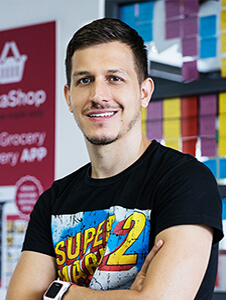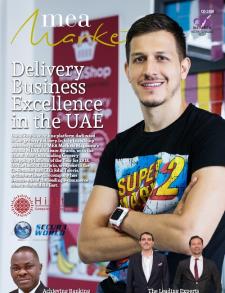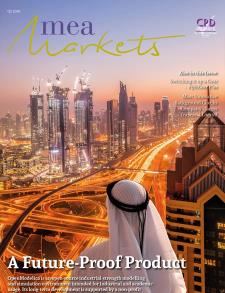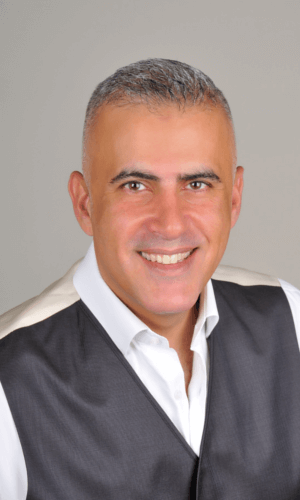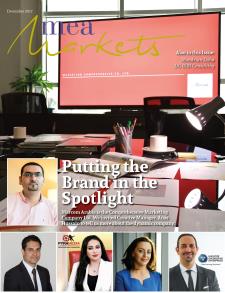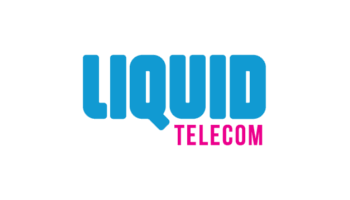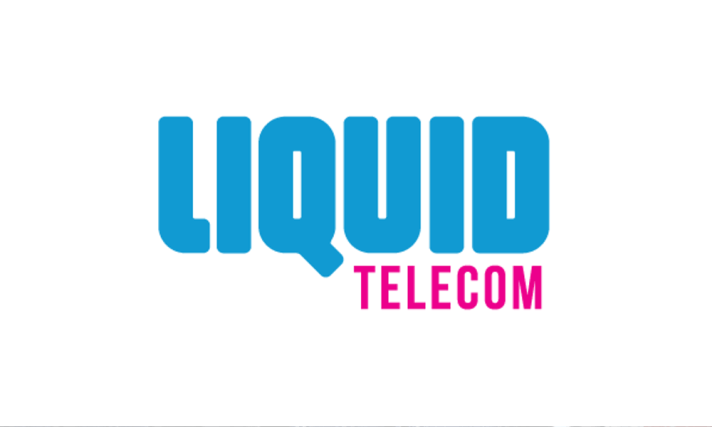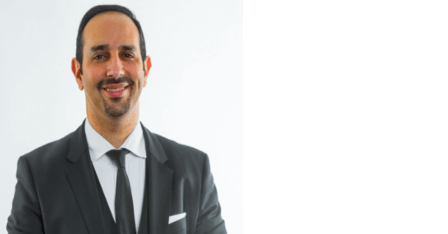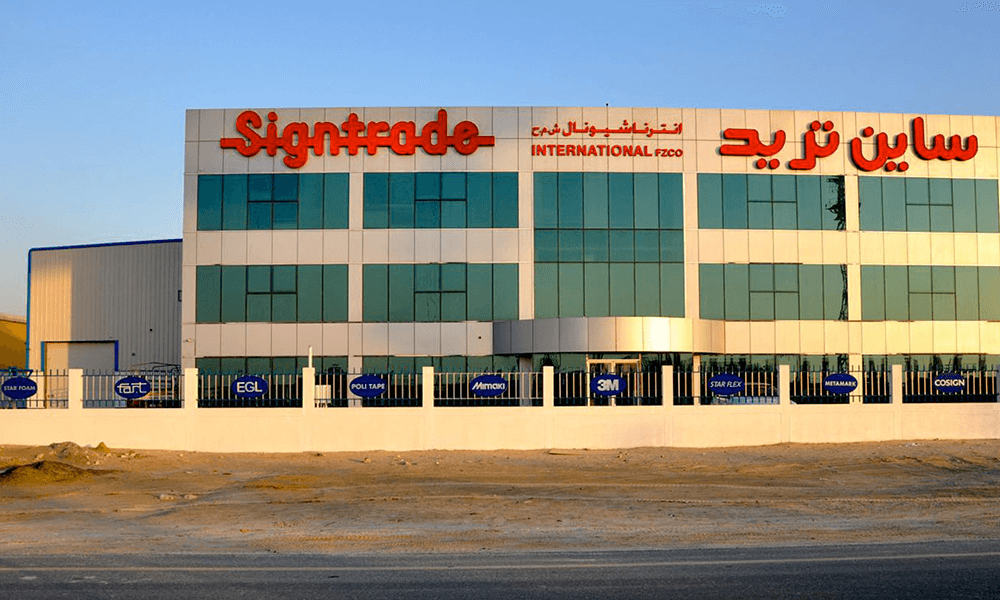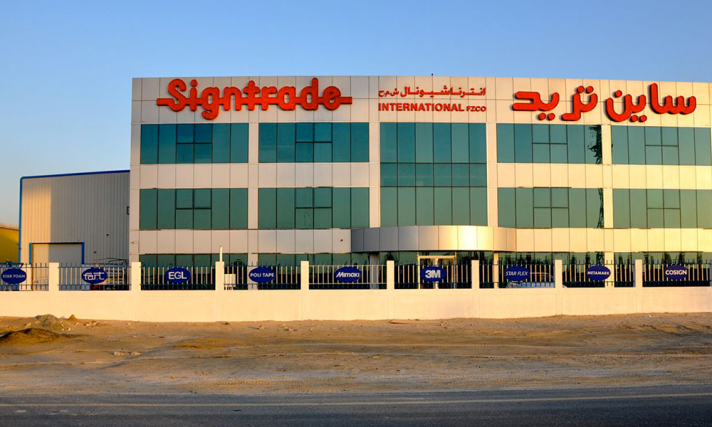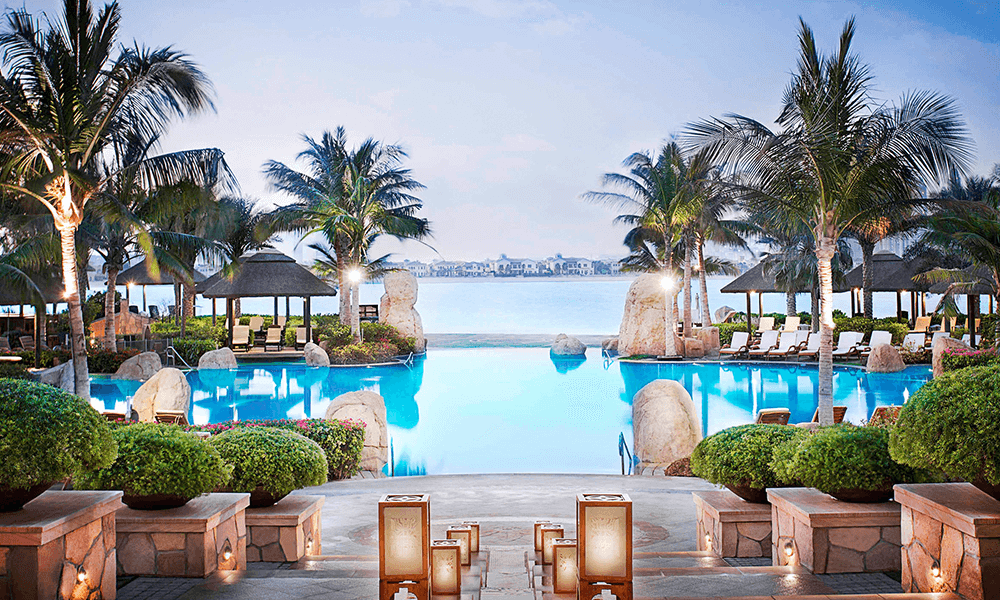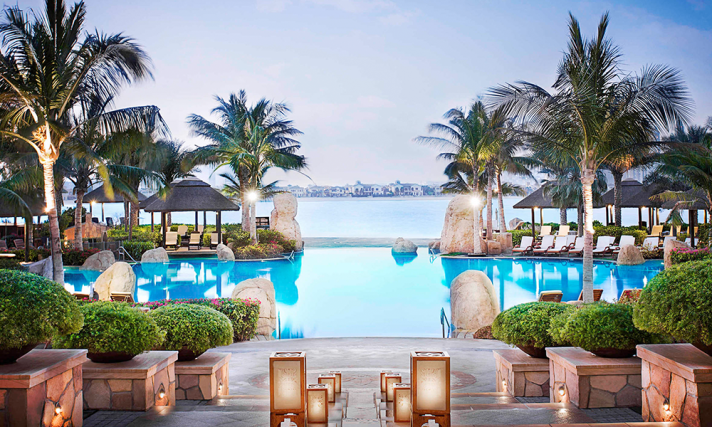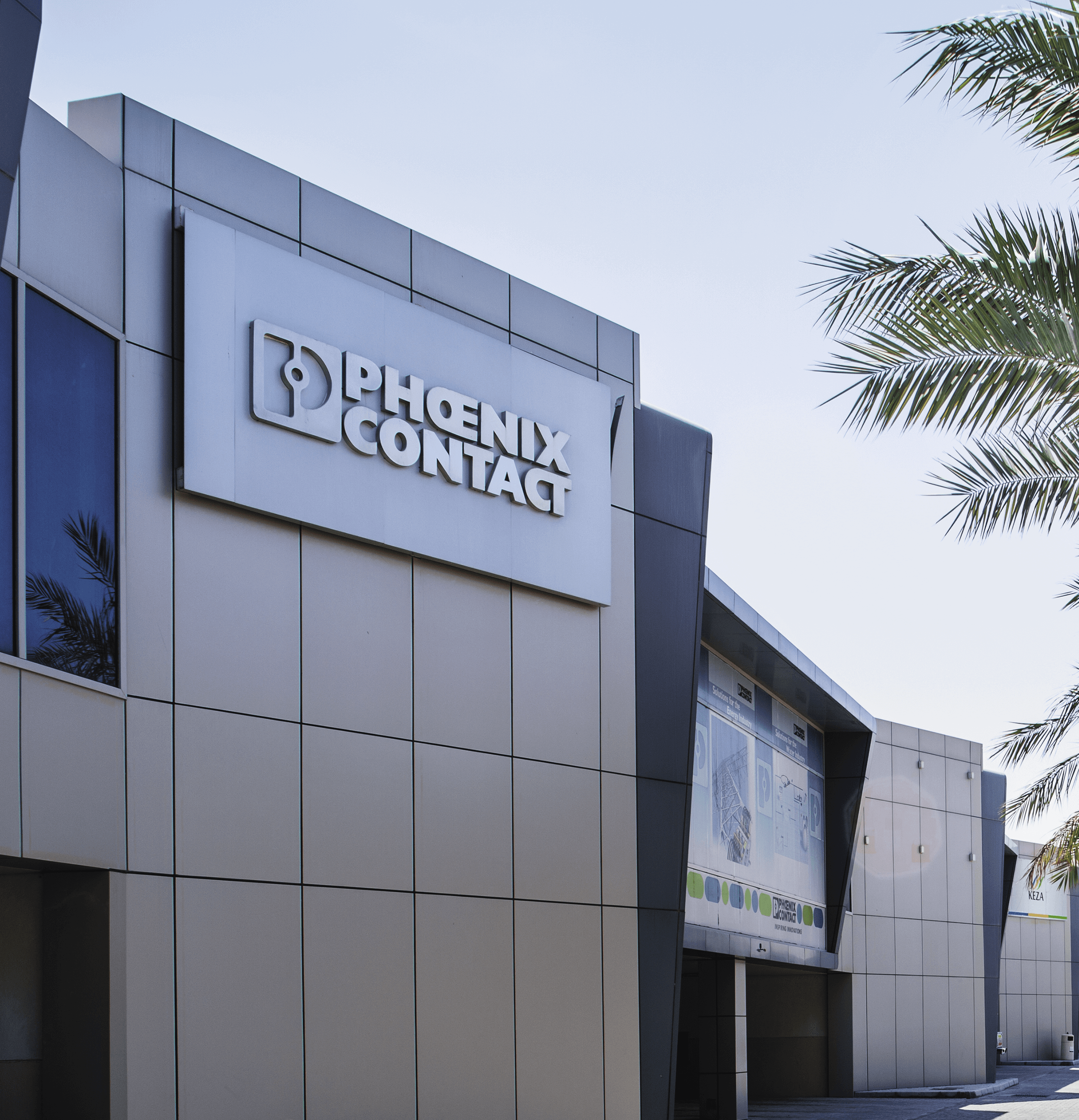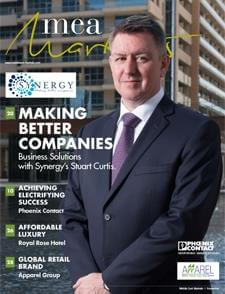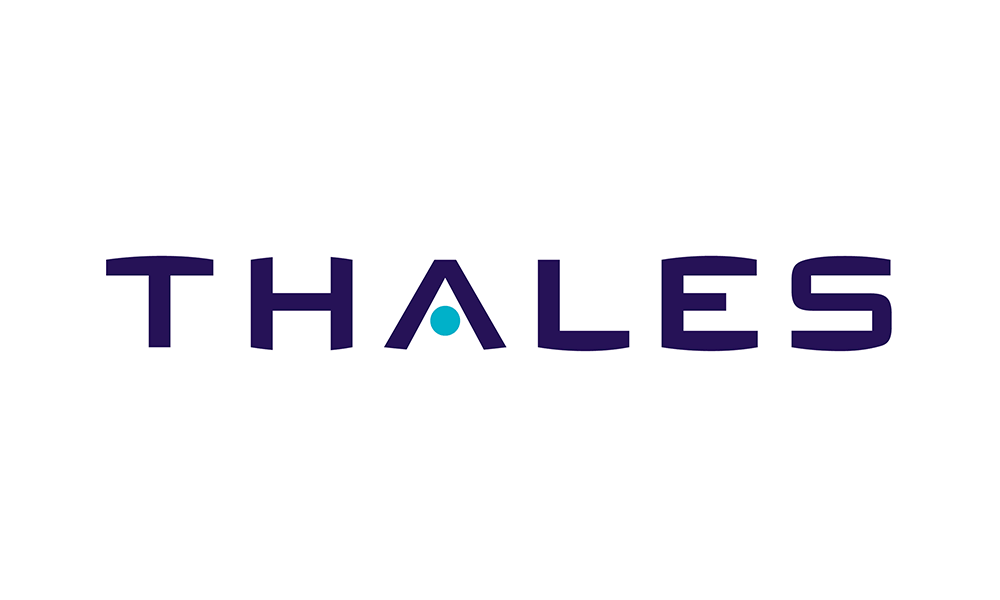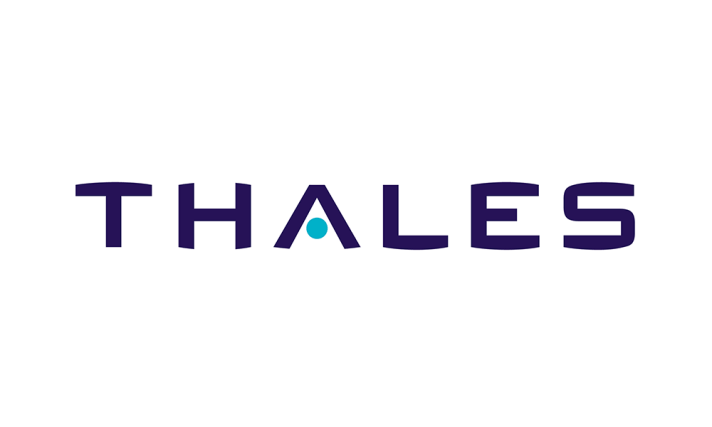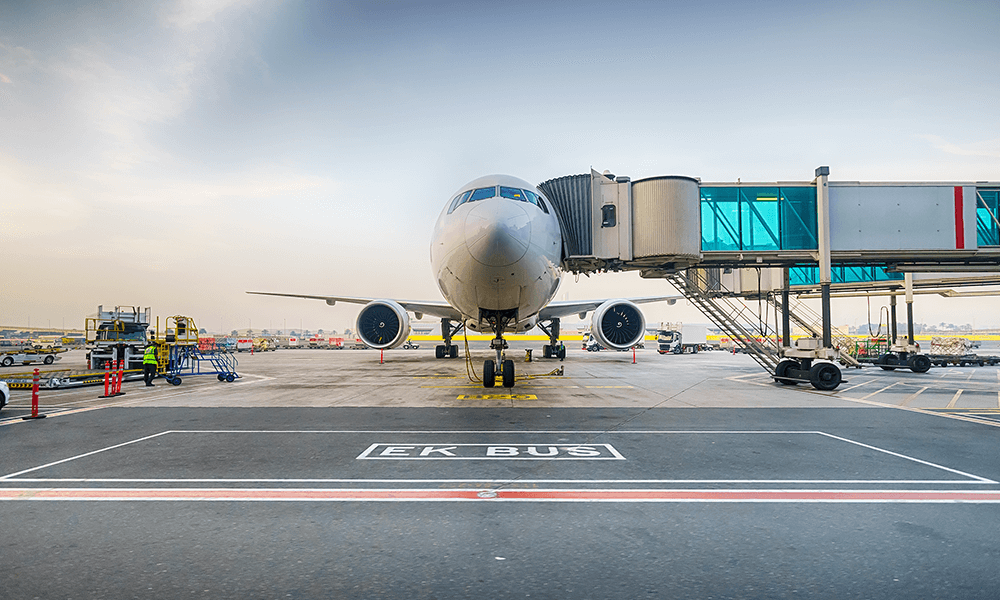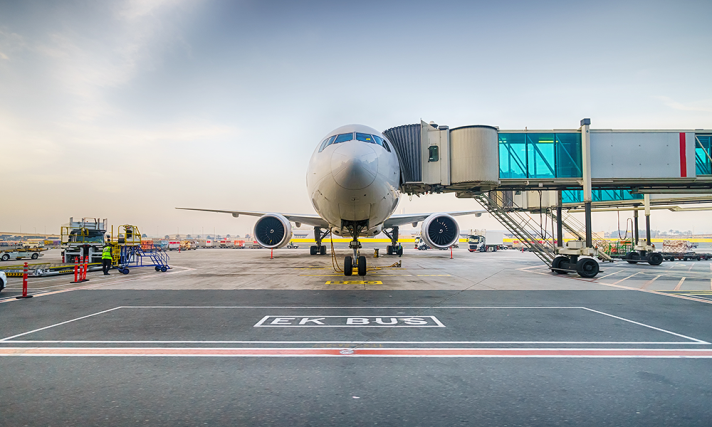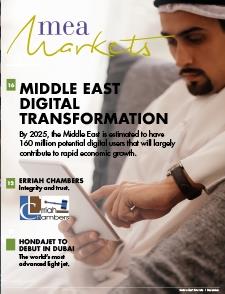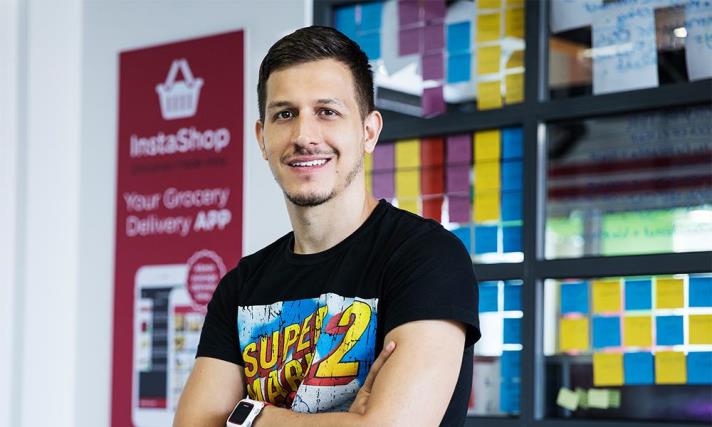
Delivery Business Excellence in the UAE
InstaShop is an online platform dedicated to fast grocery delivery. In July, InstaShop was recognised in MEA Markets Magazine’s annual MEA Excellence Awards, with the title of Most Outstanding Grocery Shopping Platform of the Year for 2018. On the back of this win, we spoke to the Co-Founder and CEO, John Tsioris, to find out how this company has become one of the leading e-commerce sites in the Middle East.
As long-standing stalwarts of the commercial sector move to adopt a ‘cyber-identity’ by integrating physical storefronts with online fortifications, the future of business appears to be based in binary. Indeed, the vast majority of new start-ups are utilising digital developments to break new ground and break further into new markets. This innovative streak permeates InstaShop’s chemistry ‘ offering a service that speaks of convenience in an environment that nurtures outside-of-the-box thinking.
John agrees and builds on that notion, ‘The ease & convenience of the service is the reason why it is the leading start-up in the on-demand grocery delivery market in the UAE. Backed by Jabbar.com & Amazon.com, the platform has over 300,000 active users. InstaShop is currently present in four countries and expanding and has been nominated for two consecutive years as one of the most promising start-ups in the Arab world by Forbes.’
Based in the United Arab Emirates, InstaShop has capitalised on the region’s appetite for innovation and technological evolution, ‘New technologies are always on the rise in the UAE and adapting to them in timely manner can be challenging. This, along with the fact that we are a user oriented company that is always listening to our customers feedback, has allowed InstaShop to shape according to the needs and wants of individuals. With expansions that have taken place in other countries, it is the perfect opportunity to customise our services accordingly. No one size fits all.’
John continues, building on what made the United Arab Emirates the ideal location to realise their vision, ‘The UAE is an extremely diverse country with individuals from all walks of life. These individuals are living in a fast paced, tech savvy environment who are already preconditioned to pick up the phone and call the supermarket, rather than visit the store physically to do their grocery shopping. This is the audience we tapped into.
‘As busy professionals working long hours, I personally felt the need for an on-demand grocery service to buy me that extra time, skip the long supermarket queues, and avoid traffic all the way to the store. This need is what brought InstaShop to life and that resonated with the audience who prefer the convenience of ordering groceries online especially after a long day at work. And if you don’t have cash with you, card payments can be done right from the couch.’
Touching back on the fast-moving developments of the sector, John emphasises the importance of forecasting, and adopting the latest trends, ‘The online e-commerce industry is constantly changing; what may be popular today, suddenly becomes irrelevant the next day. New features and technologies are introduced on a daily basis and is picked up by users quickly. It is important to not only adapt but also forecast emerging trends to improve user experience. The challenges are even bigger when the operations are in different countries, as what might work in one country may not work in another where technology advancements are slower to be accepted.’
Fundamental to a future-centric firm is the reliance on users ‘ like many online applications, the consumer is at the heart of the service, ‘Our main focus – what moves the company – is our users. Customer feedback is the trigger to all the new features that are released in order to offer the best service to fit our audience needs. This is why we pay the utmost attention to the reviews our users give us regarding the service and have regular meet ups with our most loyal users to discuss their ideas and needs helps us to get direct feedback. Moreover, our in-depth integrated system allows us to track changes in customer behaviour and consumption shifts, allowing us to improve our services to provide better user experience.
‘Customer service has now become a high-power demand rather than an added bonus, as quick response turnarounds are expected. This is specific to online queries including social media. Although in the past, a 24-hour response rate was acceptable, this time has now reduced to an hour maximum. Real time response via online customer service has become the preferred method more than a waiting time, and this trend is on an upward sloping demand curve.’
As to be expected for this ambitious firm, InstaShop has plans for the future that speak of global expansion beyond the Middle East, ‘We aspire to be the largest on-demand grocery shopping service in the MENA region, and a sizable global player that focuses on delivering top customer service. Being a fast-growing start-up means that our company never sleeps. We are always looking for new opportunities and partnerships, and we aspire to lead the way to innovate and bring brick and mortar supermarket to the digital era in all key MENA market.’
‘We are keeping an ambitious direction in 2018 to further expand in Egypt, as well as other countries. 2018 is also the year we launched our web e-shop with various new features launched specific to the operational country. More app features, expansion plans and partnerships with big international brands are coming up.’
By all regards, InstaShop looks set to make quite an impact on the e-commerce sector.
Contact: [email protected]
Company: InstaShop
Address: Swiss Tower, Cluster Y, Dubai, PO Box 24645, United Arab Emirates
Website: https://instashop.com/
Telephone: 00971 443 18753
